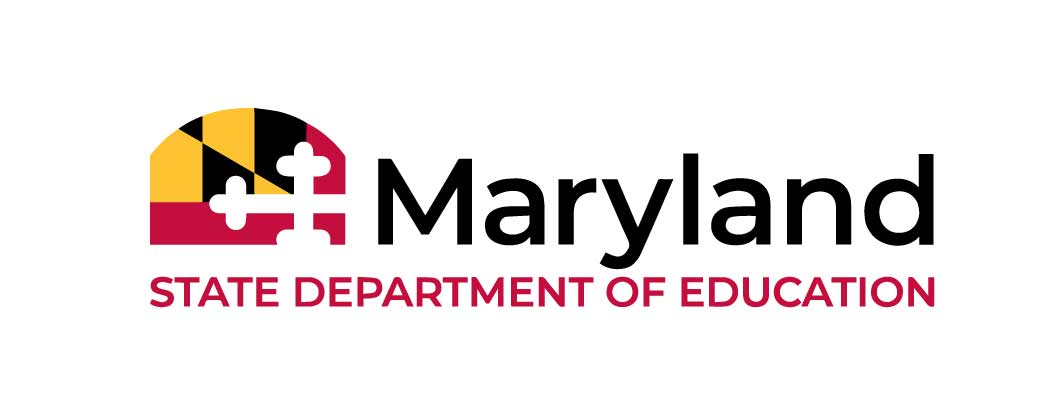Transition Talks: Family Preparation: Building the Knowledge Base for Parents of Students with Disabilities

Life is full of transitions. For students with disabilities, leaving high school and entering the adult world is a process requiring great preparation and planning. This is also a time of transition for parents and families. It is vital to establish positive relationships and support family involvement in the transition process to assure an effective transition from high school to adult life.
Parental involvement is defined in the law as “the participation of parents in regular, two-way, and meaningful communication involving student academic learning and other school activities.” Schools can assist families to be informed participants in their child’s IEP transition planning process by strengthening home/school communication and by providing meaningful opportunities for involvement.
Parents can provide a foundation for the IEP team, keeping them grounded and focused on their students’ individual strengths, needs, and preferences. Parents know their child’s postsecondary plans and possible support needs; and can identify friends, family members, or community members who can provide additional support.
A parent can be prepared to further develop their child’s independence by learning as much as possible about the options available for transition planning. It is recommended that educators create a reliable alliance with parents empowering them to emerge as partners and work together to promote successful student outcomes.
Spotlight
Washington County Public Schools Transition Coordinator:
Marianne Mooney
Washington County Public Schools (WCPS) has implemented a Transition Outreach Project through Transition Outreach Teams in a number of their high schools. This Project is an effort to increase the number of students with disabilities in WCPS who participate in postsecondary education and training following graduation.
WCPS engages with families to inform them about upcoming postsecondary events through regular, direct contact. Information shared may include scholarship/funding, postsecondary accommodation process, transition timelines, advocacy checklists and transition resources. Teams arrange activities that include college, industry and trade school tours; college application and FASFA form assistance; SAT prep and career counseling sessions; and student progress meetings.
Questions to Consider
- What methods or strategies do you use to help families connect to programs, services, activities?
- How do you inform and provide supports for students and families to maximize youth transition success?
- How early are you actively engaging families in the secondary transition planning process?



